The space industry in Poland is getting new fuel. However, it has to improve an important area

- Domestic space companies have benefited greatly from Poland's increase in membership fees to the European Space Agency.
- The European Union has begun to place greater emphasis on the development of the industry amid the COVID-19 pandemic and the war in Ukraine. US President Donald Trump's policies may further reinforce this.
- Military orders should be a solid driving force for the development of Polish space companies. However, they must improve cooperation with universities.
The increase in the membership fee to the European Space Agency (ESA) by an additional EUR 360 million in the years 2023-2025 is already bringing positive effects for the Polish space industry. It allows not only the implementation of large, comprehensive space projects for the first time, but also sending a second Pole into space.
Military boosts space industry earningsThe war in Ukraine has been an additional impetus for the development of the domestic space industry. The increase in investment in security also includes space technologies. And these often by their nature have the potential for dual use , both for civilian and military purposes.
- We have extensive experience in military applications - said Witold Witkowicz, president of ICEYE Polska, during the "Space Industry" debate at the 17th European Economic Congress in Katowice (EEC 2025) .
This experience, however, was gathered somewhat contrary to the original assumptions of the management of this Finnish-Polish company.
- Our initial strategy was a bit different. We planned primarily civilian applications. This dual use was a bit in the shadow. However, when the war broke out (in Ukraine - ed.), we really quickly reformulated the entire strategy of the company - explained Witkowicz. - It turned out that our systems are among the most advanced Earth observation systems in the world .
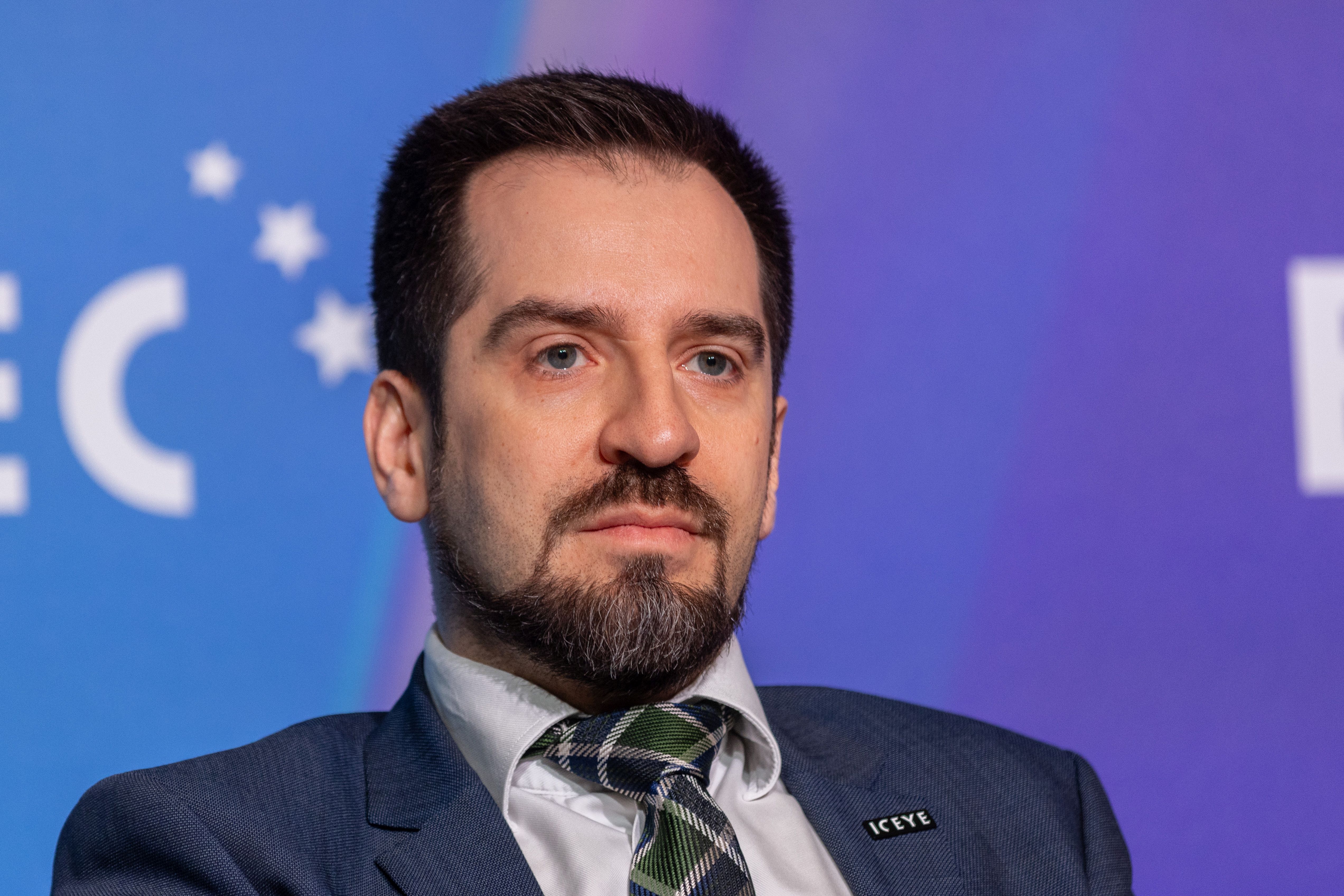
- It turned out that applications that were designed as civilian ones very quickly gave the Ukrainians an advantage on the battlefield and this advantage is maintained in the field of satellite observation to this day. We are such a company that is de facto responsible for 70-80 percent of radar data provided to the military intelligence of Ukraine - he added.
Such expansion of activity into the military sphere has of course significantly increased the company's possibilities of obtaining revenues. - We started cooperation with them pro bono. At this point, there are already several contracts actually paid for from various forms of international aid for Ukraine - said Witold Witkowicz.
Creotech Instruments, the largest Polish space company, is also increasingly involved in services for the defense sector. It is already participating in the implementation of the PIAST project , which is to guarantee the first instruments of the national Earth observation satellite system created in Poland for the needs of the Polish Armed Forces. It is about building and placing in Earth orbit in 2025 a constellation of three satellites based on the proprietary HyperSat platform. The project is being implemented in a consortium led by the Military University of Technology.
Watch the retransmission of the entire "Space Industry" debate at the 17th European Economic Congress in Katowice:
However, the president of Creotech, Grzegorz Brona, pointed out at EEC 2025 that the increased interest in the space industry from the security perspective occurred even before the outbreak of the war in Ukraine.
- Already at the time of the COVID pandemic, when the global supply chain of advanced electronics and advanced solutions was cut, it suddenly turned out that there were few European solutions in space, which probably woke up the military very much, but above all the European Commission and the European Union, to start thinking about regaining space independence - the president of Creotoech Instruments.
As he added, the second such clear signal was the outbreak of war in Ukraine, which awakened such thinking more from the military side.
- The third moment of cold shower occurred at the beginning of this year, when Trump took over power in Washington, it suddenly turned out that this independence, whether in the civilian field, in the crisis field - in such a mix of civilian and military fields, or indeed typically military, is very important and there will be a lot of pressure in the near future to regain this independence - said Grzegorz Brona.
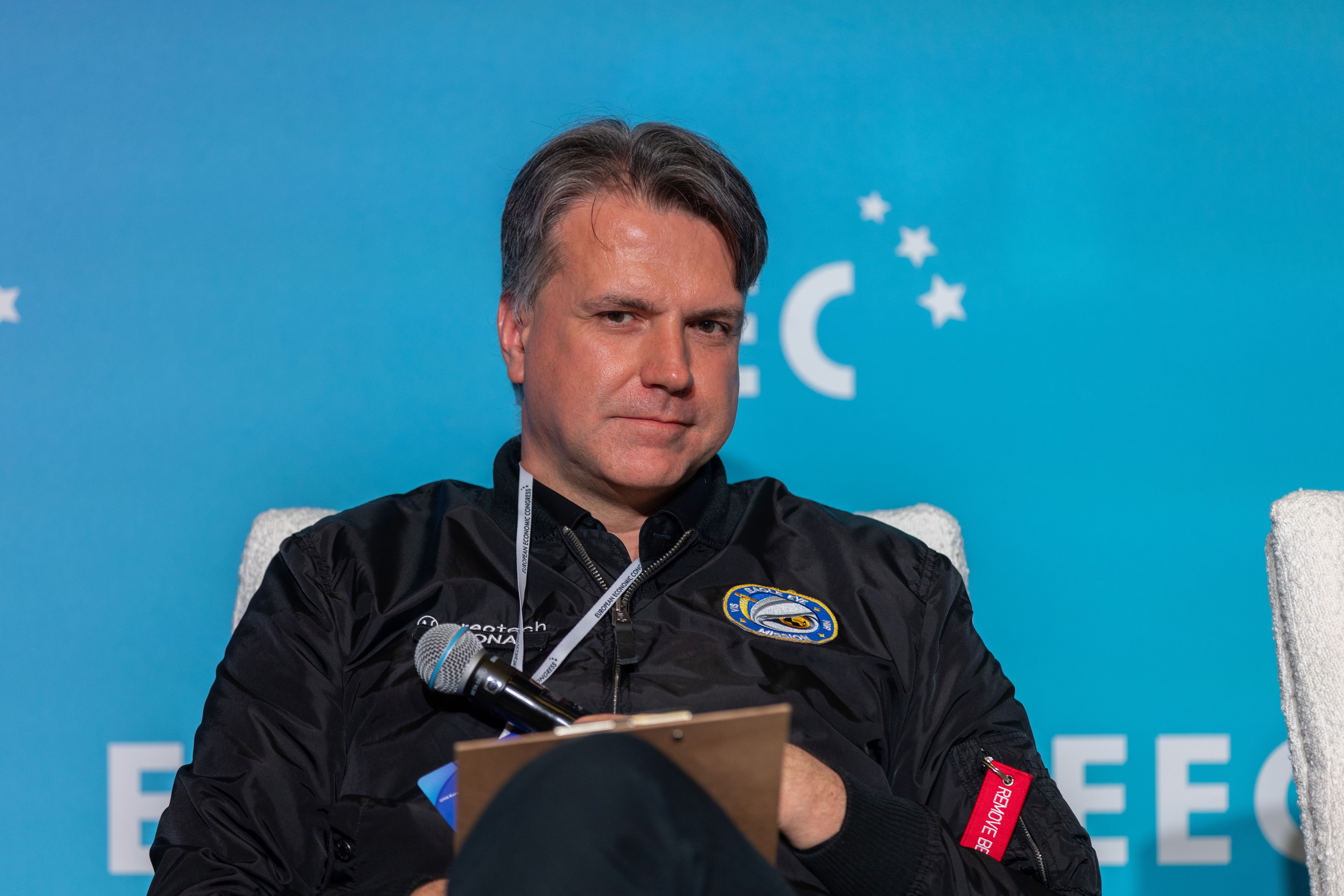
He noted that currently the European Union is trying very hard to take a sensible approach to all programs to regain technological independence, including in the space industry, and Creotech Instruments is in a good position because its actions have somewhat anticipated the course of events.
- We are lucky that since 2017, when we started working on satellite systems at Creotech, we immediately decided to completely throw out any modules, subsystems or components from China , we do not have this at all, unlike many European companies. And the second issue, we threw out a significant part of the components from the United States , we focused on European or Canadian components - announced the company's president.
He noted that this was not happening at the time due to the Donald Trump administration, which did not seem to threaten transatlantic ties in its first term.
- However, we knew that sooner or later something like this could happen - he added. - Practically all of our solutions are currently based on European subsystems and components.
He noted, however, that cooperation with the United States is still very important. - Americans are the largest space market in the world, we need to be aware of that - concluded Grzegorz Brona.
We have a problem at the interface between universities and space companiesHow can Poland contribute to building European sovereignty in the space industry? There is still much to be done in terms of better coordination of cooperation between the space business and universities.
Prof. Tadeusz Uhl, Dean of the Faculty of Space Technologies at the AGH University of Science and Technology in Kraków, cited research results according to which, although most candidates for studies show great enthusiasm for taking up studies in space fields, only about 30 percent of them see any chance of making a career in the space industry.
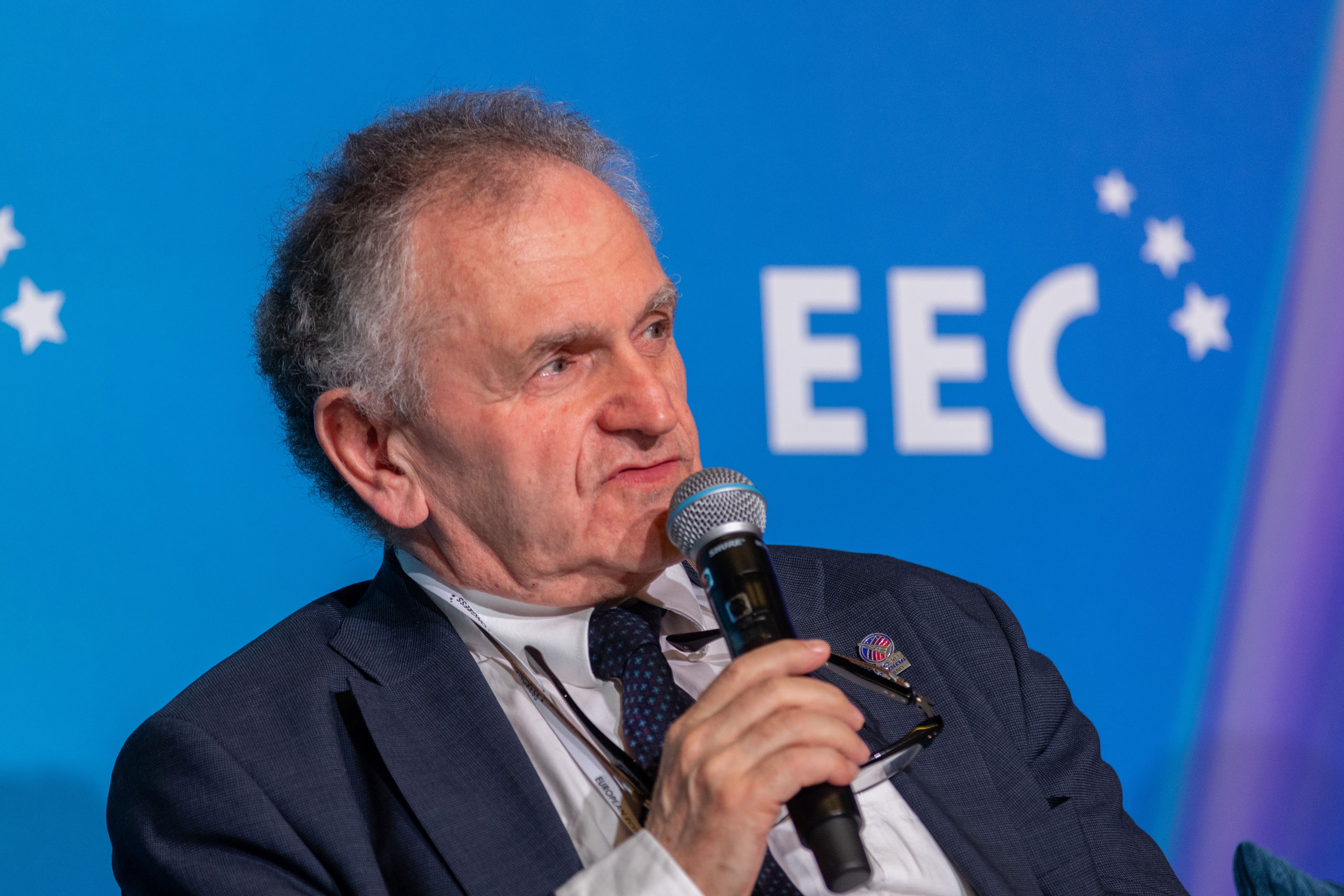
- Here, maybe a nod to companies, so that they do something more, show the possibility of development and the possibility of self-realization in space technologies - said the scientist from AGH. - There is a lack of programs that integrate students and invite them to projects that offer internships, because the university will not arrange this on its own either.
- When it comes to education, the matter is quite complex - said Prof. Tomasz Błachowicz from the Department of Geochronology and Environmental Isotope Research at the Institute of Physics - Scientific and Educational Center of the Silesian University of Technology. This is because space technologies are in fact systems engineering, in which you need to know many things at the same time.
- Looking at the level of activity of academics, of course this type of activity requires appropriate financing - added Tomasz Błachowicz. - This financing in this aspect is completely insufficient in Poland. So here we have a serious problem.
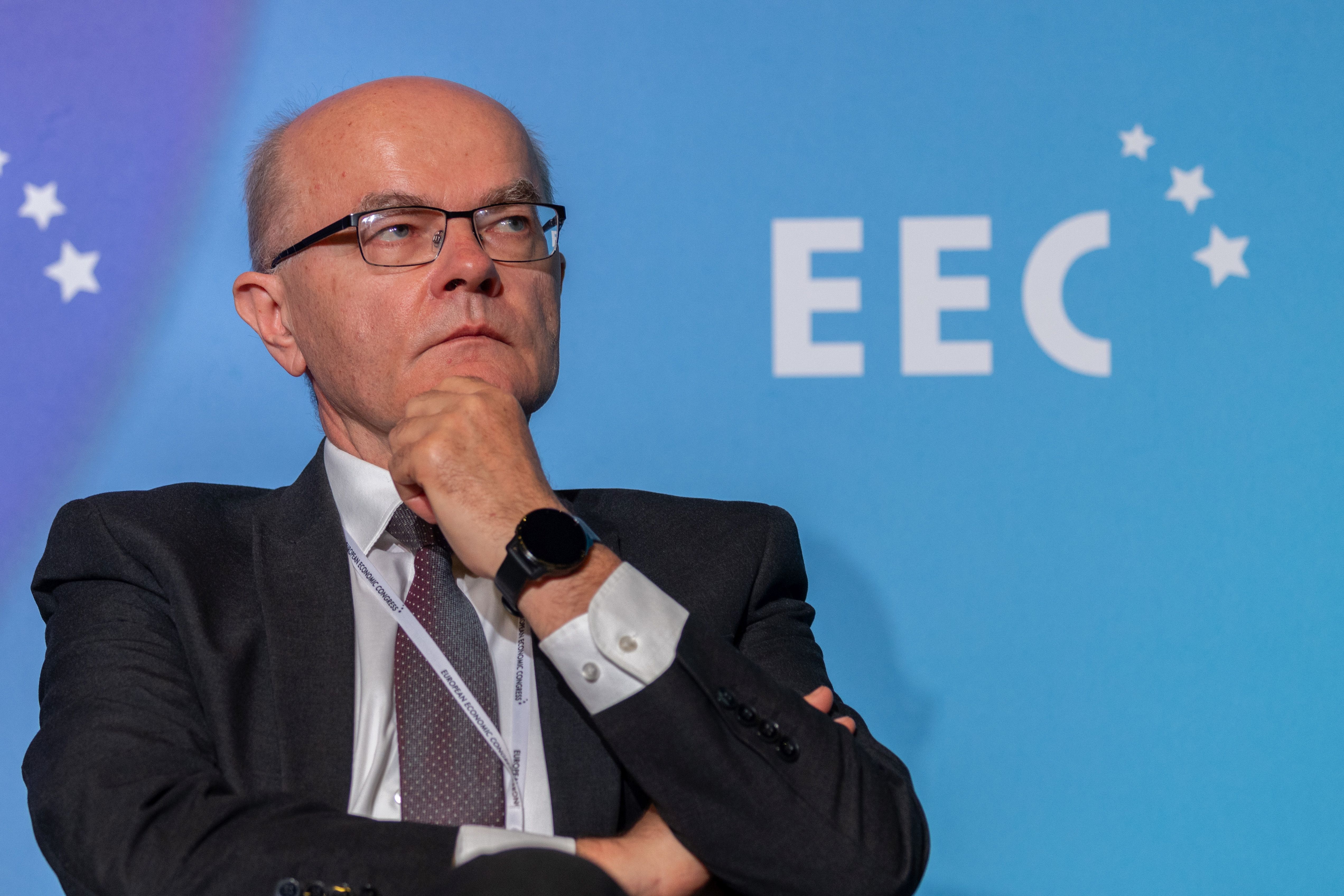
In his opinion, another problem is the already mentioned insufficient coordination of industry with the world of science . Universities, he assessed, have problems with obtaining information from companies on how exactly they should educate students to adapt them to the requirements of the labor market in the space industry.
- So there is definitely a problem with communication with business - assessed Tomasz Błachowicz. - We lack information about what the industry really needs.
- When it comes to scientific activity at the university, we really have a lot of great ideas, for example in the area of space robotics , that could be used. But we have to look for recipients of these ideas somewhere further away, often outside the country's borders - summed up Tomasz Błachowicz.
Katarzyna Malinowska, director of the Space Studies Centre at the Kozminski University, emphasised that it is symptomatic that young people often do not believe that they could find a job in the space sector
- What we also need is certainly interdisciplinarity of knowledge acquired for work in the space sector - said Katarzyna Malinowska. - Due to the short history of the sector , we have little scientific staff and not very mature managers .
- It is precisely this mature staff that is the problem, (staff – ed.) who would attract and who would show this path to the sector to young people - she added.
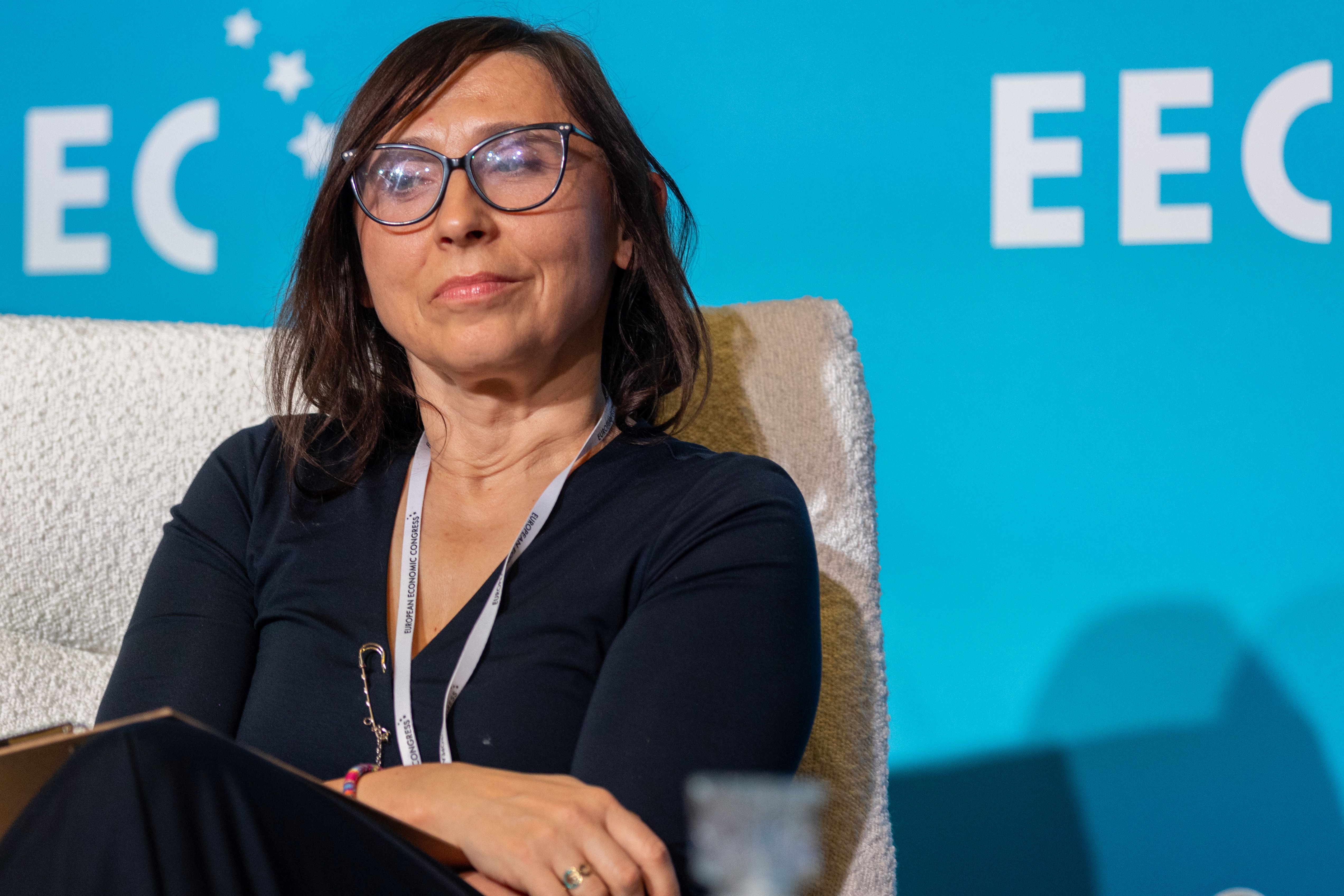
In her opinion, training employees for the space industry should be connected at the level of the whole country. - And we try to do it too, because we have a network of space universities - said Katarzyna Malinowska.
- Leon Kozminski Academy is not a technical university, but it also educates space personnel, only in management and law, and we know that this niche is there to be filled - said Katarzyna Malinowska and added that it is important to give young people faith that the space sector is the place of their future work.
However, the President of ICEYE Polska made it clear that Polish universities are already preparing staff for the space industry at a high level.
- Despite all the systemic problems with education in Poland, I as an employer have no complaints at all. One of the reasons we invested in Poland at all was Polish engineers, Polish talents - said Witold Witkowicz. - We started with 30 people. We have over 800 globally, a hundred and some in Poland.
- When it comes to Europe, the best nations when it comes to engineers - at least in our country - are the Spanish, the Finns and the Poles . When it comes to the numbers in ICEYE, there are simply the most Polish engineers. So I thank you for your work and I am absolutely satisfied - he said, addressing the representatives of universities.
As he added, there is still a lot to do. - Of course, this cooperation between universities and the private sector could be better, but we also have to realize the scale - he said. Because, in his opinion, the domestic space industry is still not a powerhouse in terms of the number of jobs it provides. - In terms of quality, however, I am absolutely delighted - he noted.
The space industry is counting on sufficient funding- Once again, we should - industry and universities - sit down to discuss how to most effectively use the potential that we have, i.e. talented engineers, talented people, thanks to whom we have a lot of investments, including foreign ones, which drive the economy. We just need to find the golden mean, how to make talented people who are at universities either follow the path of their own development or start effectively looking for work in companies in the space sector - said Paweł Wojtkiewicz, president and co-founder of the Association of Employers of the Space Sector.
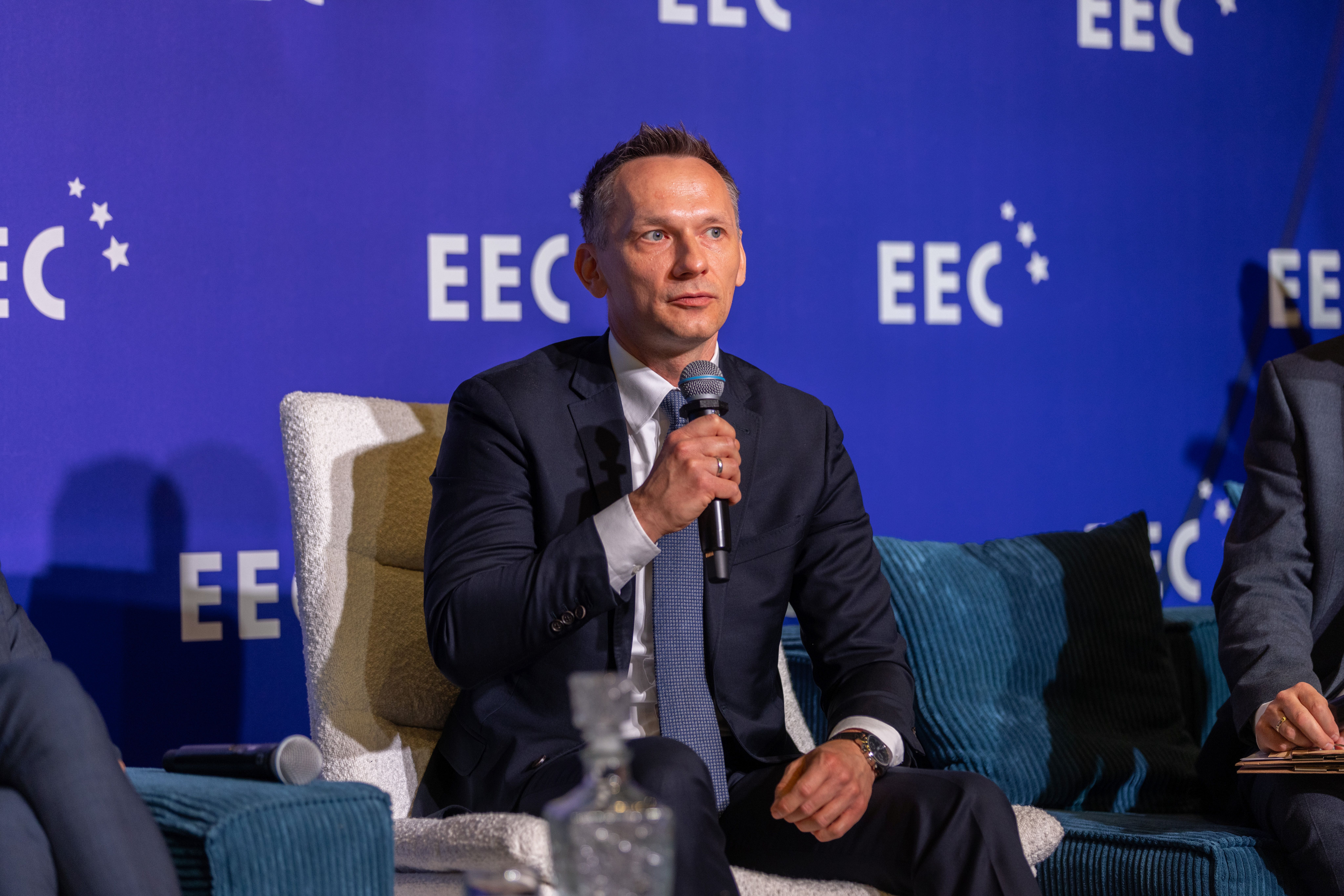
He mentioned that the demand for space technologies in Poland is still a significant limitation . - The bigger it is, the more people we will be able to employ - he noted.
Therefore, in his opinion, it is very important that the industry is provided with adequate financing, i.e., for example, that the increased ESA membership fee is paid by Poland also after 2025 .
- We all hope that the level of financing for the space sector will remain at the current level or will increase - concluded Paweł Wojtkiewicz.
wnp.pl





